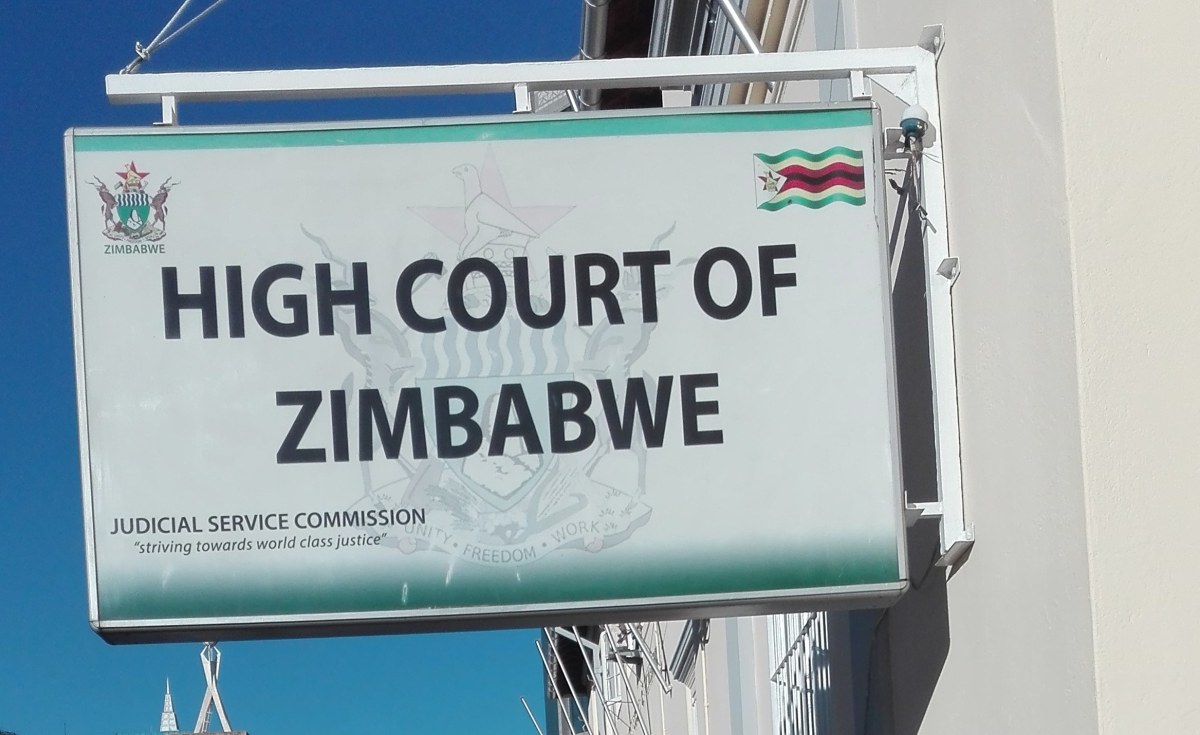A group of war veterans has lost its bid to stop the Government from compensating white former commercial farmers, whose land was repossessed during the country’s Fast-Track Land Reform Programme, after the High Court dismissed their application.
The land reform was intended to redress the deep historical injustices left by white settlers.
The War Veterans Pressure Group had challenged the validity of a US$3,5 billion compensation deal.
They argued it was discriminatory, as it ostensibly favoured white farmers who had lost their land during the Land Reform Programme, while ignoring the grievances of black Zimbabweans who had suffered under colonial rule.
They demanded that the Government suspend the deal.
The Government, however, defended the Global Compensation Deed (GCD) as a constitutional step towards resolving the long-standing land question.
The agreement, signed on July 29, 2020, sought to compensate white farmers only for improvements made on the land, in line with the law.
Justice Rogers Manyangadze dismissed the group’s arguments.
“It is, therefore, not correct that the Global Compensation Deed violates Section 295 (4) of the Constitution. In the circumstances, the application to have the deed declared invalid and set aside cannot succeed,” he ruled.
He noted that the Constitution allowed compensation only for improvements on the land, unless specific exceptions applied.
“None of what the applicants are urging falls within these provisions,” he said.
The judge also rejected the claim that the deal usurped parliamentary authority, pointing out that the Land Acquisition Act, which governs compensation, was already in place before the current Constitution was enacted.
“The Global Compensation Deed is valid in that it will be implemented in terms of the Land Acquisition Act,” he stated.
The groups’ attempt to act simultaneously in their own interest and on behalf of the public was another weakness in their case.
Justice Manyangadze highlighted the inconsistency, citing established legal principles.
“A person cannot approach the court alleging infringement of fundamental rights both in their individual capacity and in the public interest,” he said, quoting previous rulings from the Constitutional Court.
The judge noted that the applicants’ pleadings were “fatally defective” and that their broader demands for reparations for colonial injustices were not supported by the Constitution.
“The respondents are mandated by the Constitution to compensate the white former farmers for improvements.
“This is what they have set out to do, and they are doing so within the legislative framework available,” Justice Manyangadze ruled.
“This court must adhere to the Constitution.
“The application, in both form and substance, cannot succeed. It is dismissed, with no order as to costs.”

For comments, Feedback and Opinions do get in touch with our editor on WhatsApp: +44 7949 297606.
